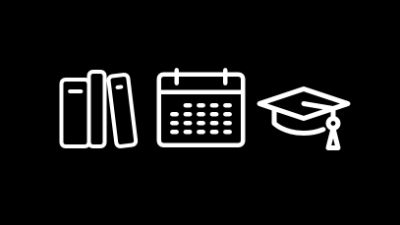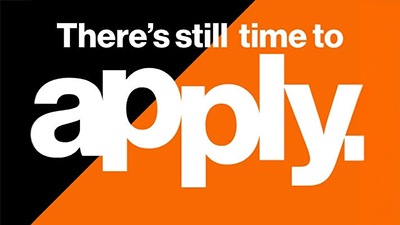
Thomastine Sarchet
Assistant Professor, Deaf Education
Thomastine Sarchet
Assistant Professor, Deaf Education
Education
Ed.D., University of Rochester; BS, MS, Rochester Institute of Technology
Select Scholarship
Currently Teaching
In the News
-
August 29, 2025

RIT/NTID, Fulbright Commission establish grant for international study in Italy
The US-Italy Fulbright Commission, Rochester Institute of Technology’s National Technical Institute for the Deaf, and the Assistance Center for Deaf and Deafblind Children (CABSS), signed an international agreement establishing the Fulbright-Roberto Wirth Grant in Deaf Education Studies at National Technical Institute for the Deaf/RIT.
-
March 22, 2023

RIT honors 14 researchers added to prestigious PI Millionaires group
RIT faculty members, who led research initiatives as principal investigators, were honored at a reception on March 21 to celebrate the individuals who helped the university reach record awards surpassing $92 million and place among the top private research universities in the country.
-
October 19, 2021

RIT/NTID project hopes to reduce global deaf literacy gap
Early childhood development professionals often face challenges when teaching deaf and hard-of-hearing youth to read. A new project spearheaded by NTID is hoping to effectively bring literacy education to deaf and hard-of-hearing children in the Philippines, Papua New Guinea, and Fiji.




